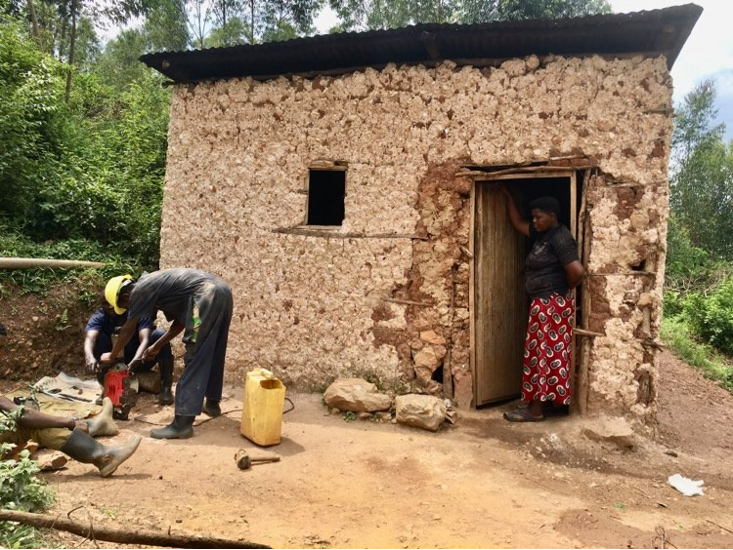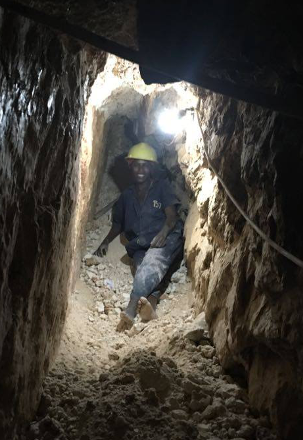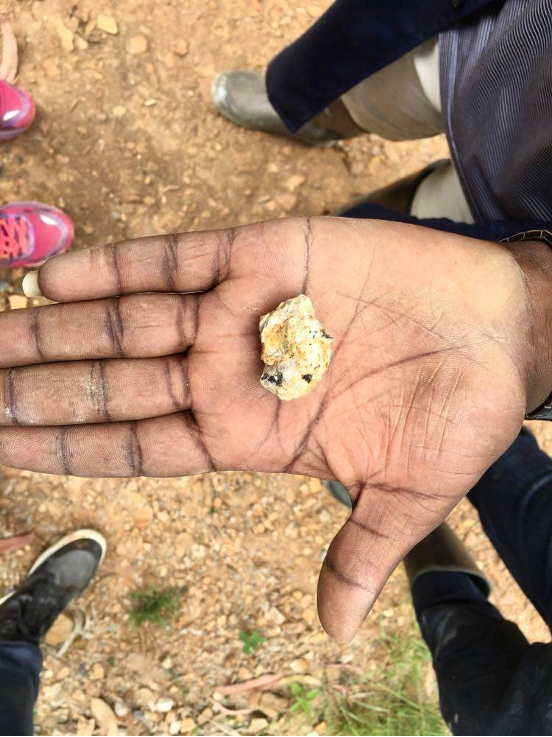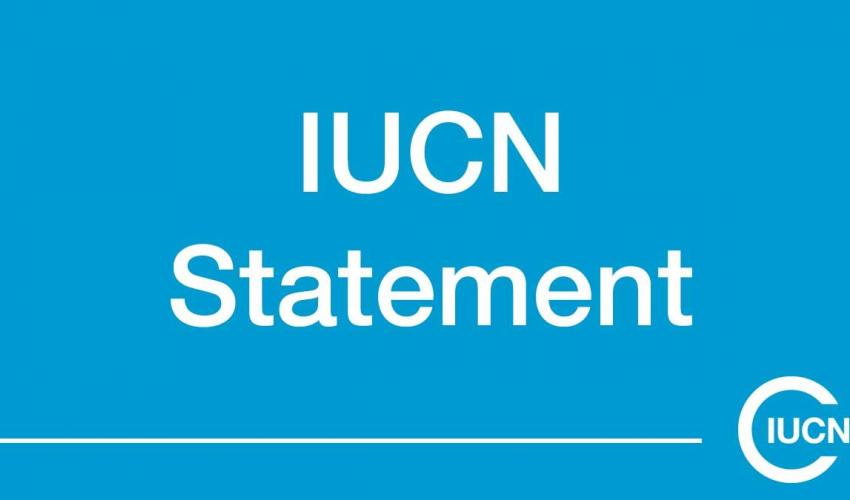Women, Conflict, and Modern Mining in Rwanda during COVID-19
CEESP News: by Laine Munir *
Our ethnography examines how Rwanda’s current process of formalization and regulation of mining may impact rural women’s experiences with environmental, structural, and physical conflicts near extraction sites. In light of COVID-19’s socioeconomic effects, our analysis now also interrogates the ecological practices that arise in response to pandemic-induced poverty among women in mining communities.
All photos taken by Laine Munir during fieldwork in Eastern Province, Rwanda
Starting in March 2020, the Rwandan government began to limit or, in some cases, completely stop all mining activities in response to COVID-19. This action demonstrated a state commitment to protecting the health of miners. Environmental activists and researchers applauded the short-term positive impacts on vulnerable ecological systems near extraction sites. However, our research team is concerned with how unemployed miners may turn to environmentally damaging practices, such as poaching or overfishing, to compensate for this household income loss. Moreover, we harbor particular concerns for Rwandan women's status in mining, as they already occupy precarious socioeconomic positions within the industry and are poorly poised to weather the shocks posed by the pandemic.
"Women, Conflict, and Modern Mining Practices in Rwanda" is a 2021 Guggenheim-funded ethnography examining the impact of increased state formalization of artisanal and small-scale mines (ASMs) in favor of the expansion of large-scale, mechanized, and regulated operations.
 Photo: Laine Munir
Photo: Laine Munir
The research was designed in the first months of COVID-19. Our team is now integrating an increased analysis of pandemic-induced poverty and environmental practices. Our early data demonstrate that women are the first employees to lose their jobs due to social distancing measures because they work on the lower (and poorly paid) end of supply chains. Women are heavily involved in informal, subsidiary businesses and trade around mine sites, e.g., carrying dirt, providing food, and other services, which offer them no employment protections. African women work disproportionately as subsistence farmers compared to men, and mines that cause rural displacement leave women without land that would otherwise serve as a vital means of income during the pandemic. Mining activities cause soil erosion, nutrient degradation, mercury pollution, and other ill environmental effects on women's farming activities.
 Photo: Laine Munir
Photo: Laine Munir
These challenges matter to IUCN's work because women's poverty threatens environmental protections, particularly during the pandemic. Our project's goal is to more fully explain these linkages in Rwandan mining communities as a model to help informed empirically-based natural resource policy across the Global South.
-0-0-0-0-0-0-0-0-0-0-0
 Photo: Laine Munir
Photo: Laine Munir
Laine Munir is a member of CEESP's Theme on Environment and Peace. She is 2021 Harry Frank Guggenheim Distinguished Scholar and affiliated with the African Leadership University (ALU)/University of Rwanda's Center of Excellence in Biodiversity and Natural Resource Management (CoEB)






